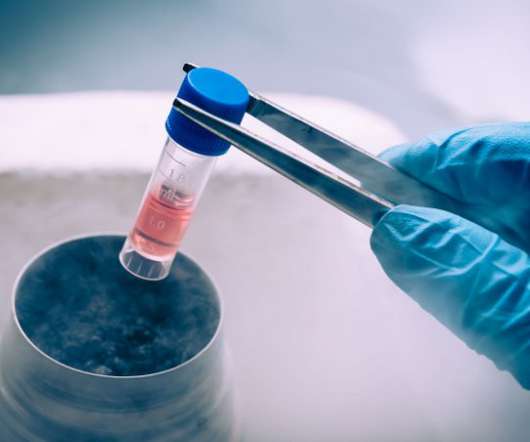Biologics – The Next Step in Revolutionary Medication
Roots Analysis
JANUARY 14, 2024
Biologics activate certain proteins or cells in your immune system to create specific responses to targets, while many conventional systemic drugs activate the entire immune system in a more generalized manner. It is worth mentioning that in vitro gene expression requires a suitable host for the production of a specific gene product.












Let's personalize your content